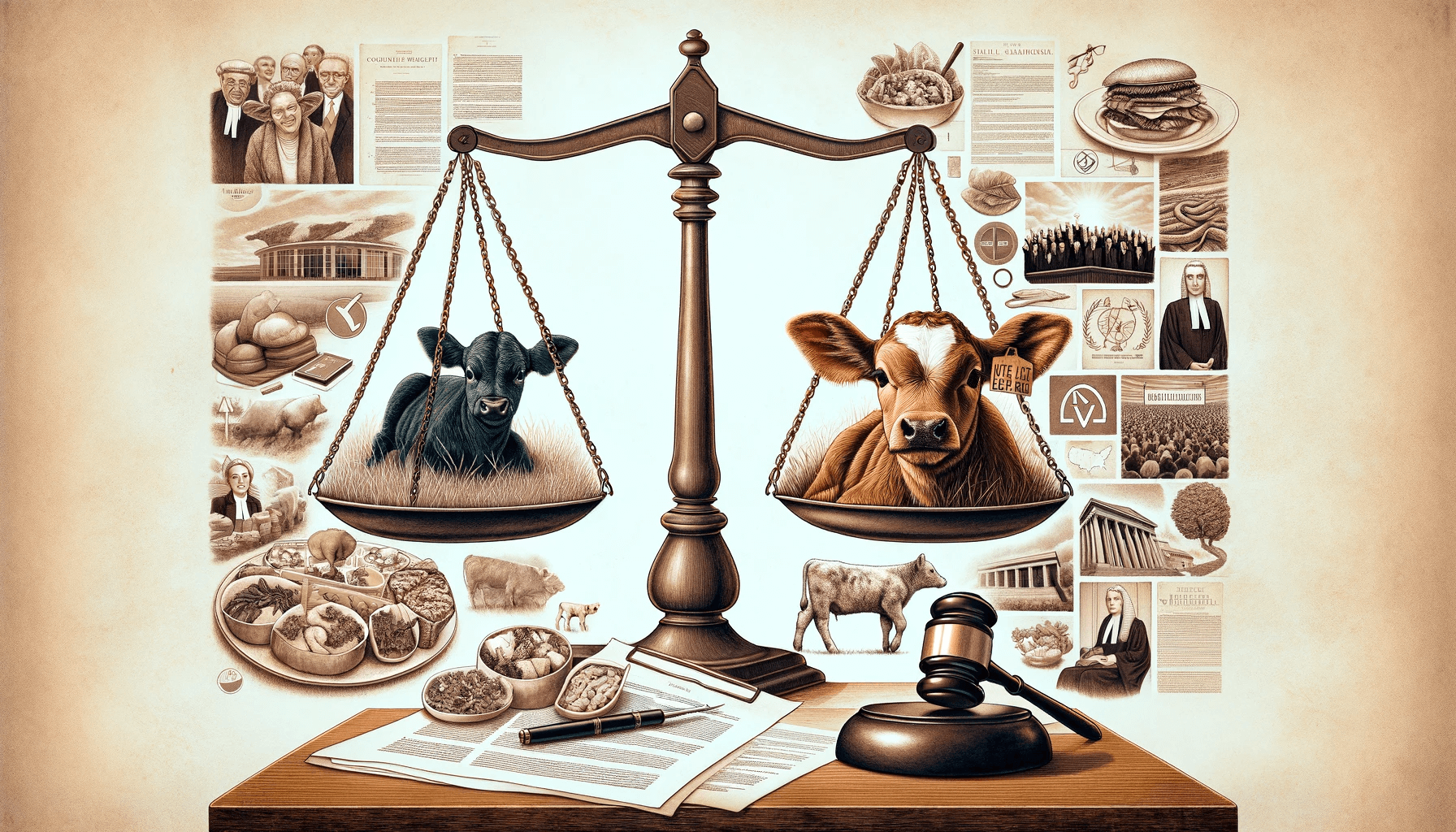Slink veal, derived from unborn or prematurely born calves, is a subject that often stirs debate due to its unique origin. In the United States, the production and sale of slink veal are considered illegal. This comprehensive analysis aims to delve into the legal, ethical, and public health reasons behind this prohibition, providing clarity on a complex issue often mired in controversy.
What is Slink Veal?
Slink veal comes from calves that have not reached full term. This meat is known for its tenderness and distinct flavor. However, the processes involved in obtaining slink veal have raised significant ethical and legal concerns, leading to its prohibition in the U.S.
Ethical and Animal Welfare Concerns
The Humane Slaughter Act
Central to the issue is the Humane Slaughter Act, which mandates that animals be slaughtered in a manner that minimizes suffering. The production of slink veal, which involves the slaughtering of pregnant cows, is in direct conflict with this act, contributing to its illegality.
Societal Views on Animal Rights
Societal values play a crucial role in shaping laws. In the case of slink veal, there is strong public sentiment against the use of meat from unborn animals, viewed as a violation of animal rights. This public perspective has significantly influenced legal decisions.
Food Safety and Public Health
Regulatory Challenges
One of the primary concerns with slink veal is the lack of established safety protocols. The FDA and USDA enforce stringent regulations to ensure food safety, but the unique nature of slink veal poses challenges in meeting these standards.
Potential Health Risks
The underdeveloped physiology of unborn calves raises questions about the safety of consuming their meat. Concerns about the risk of disease transmission and other health hazards have played a part in the decision to deem slink veal illegal.
Legal Framework and Enforcement
Federal and State Regulations
While there is no specific federal law that mentions slink veal, the combined impact of the Humane Slaughter Act, FDA, and USDA regulations, along with state-level animal welfare laws, effectively makes the production and sale of slink veal illegal in the U.S.
Enforcement and Penalties
Enforcement of these regulations is carried out by various government agencies, with penalties for violations including fines and possible criminal charges.
International Comparisons
In contrast to the U.S., other countries may have different stances on slink veal, reflecting varying legal frameworks and cultural attitudes towards animal welfare and food safety.
Conclusion
The illegality of slink veal in the United States is the result of a complex interplay of ethical considerations, animal welfare laws, and public health concerns. As societal values continue to evolve, so too does the legal landscape governing food production and animal rights. The case of slink veal serves as a significant example of how legal systems adapt to these changing values, underscoring the importance of ethical considerations in the realm of food safety and animal welfare legislation.









Leave a Reply